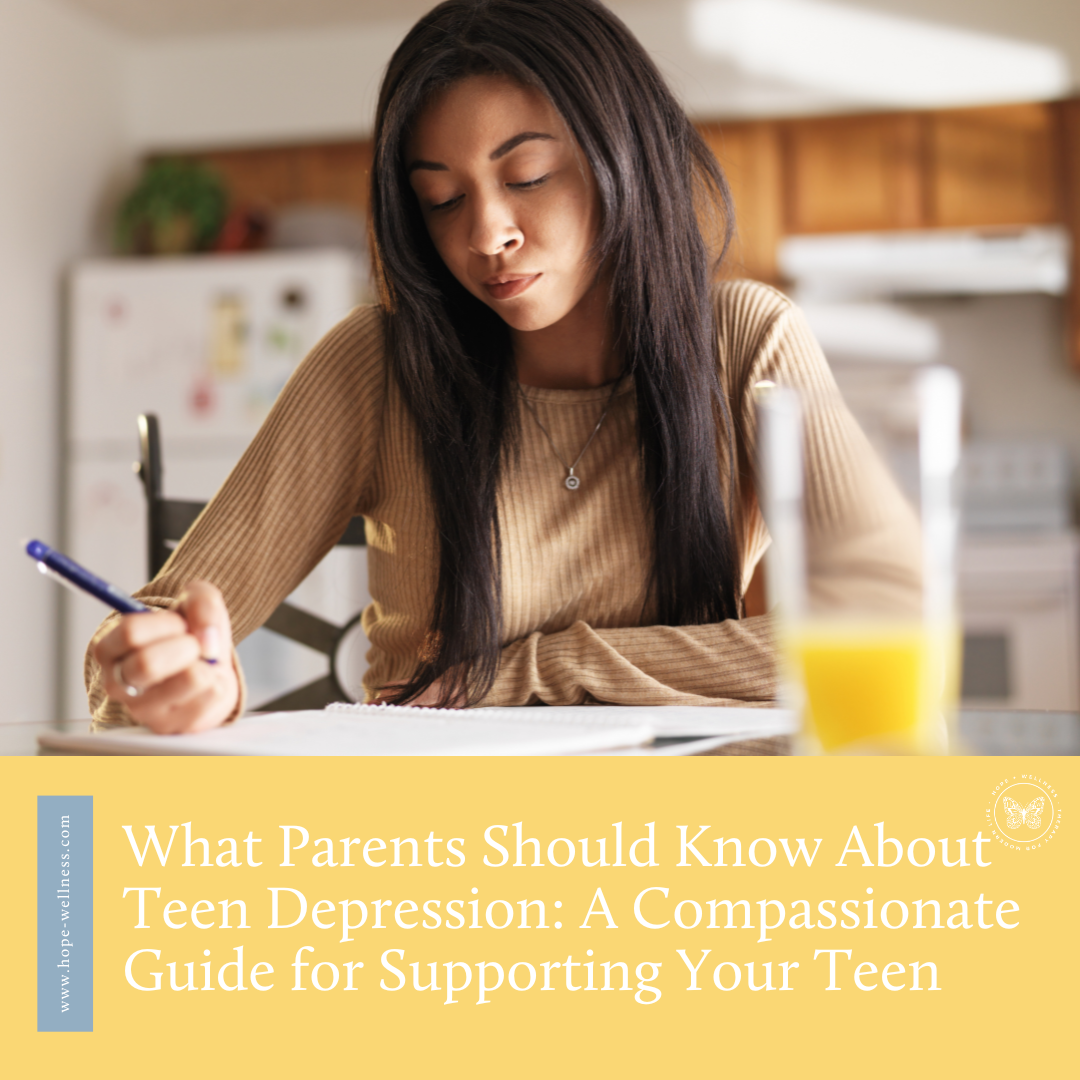
Hope +Wellness Blog
little snippets of advice for everyday challenges many people share

Thanksgiving Survival Guide
Thanksgiving is nearly here, and with that can come a lot of complicated emotions. If you’re feeling anxious about the upcoming holiday season, kicked off by Thanksgiving this week, you’re not alone. To help, we’ve gone through our blog to date and gathered up posts we think will help you get through this season.

7 Tips for Dealing With Travel Anxiety
If travel triggers anxiety for you, you’re not alone! There are things you can do to manage travel anxiety and still enjoy your trip.

6 Practical Ways to Cope with Post-Election Anxiety
Your feelings post-election are valid, including anxiety for what’s to come. These are a few ways to cope with post-election anxiety.

I Want to Start Therapy: What Do I Need to Know?
Starting therapy can be overwhelming. How do you know therapy will be helpful? How do you find a therapist that’s right for you? What should you prepare for, in your first session? How much of therapy takes place in therapy, and how much work will you have to do outside of your one on one time? These are common questions, and we want to help you feel informed and prepared.

How Therapy Can Help Entrepreneurs Thrive Instead of Survive
As an entrepreneur, therapy can make a real difference in your business and personal life, while meeting you right where you are. Here’s how.

What Parents Should Know About Teen Depression: A Compassionate Guide for Supporting Your Teen
It’s a hard place to be, and the first thing to know is that you’re not alone. This is something lots of other parents have to manage, and while it can feel overwhelming, there are things you can do to help. Try to remind yourself that depression is treatable, so your teen won’t have to feel trapped in these feelings forever.

Understanding Your Attachment Style to Improve Your Relationships
Understanding your attachment style more deeply can be a key to not only improving romantic partnerships, but also deepening your connection with family, friends, coworkers, and your community as a whole.

The Mental Health Benefits of Having Pets
Caring for an animal can be a lot of work, so why do so many people adopt pets? There are lots of reasons, but a big one is that pets are good for your mental health! Here’s why.

IMPROVE the Moment: Coping with Distress with DBT
Within Dialectical Behavioral Therapy (DBT) there’s something called distress tolerance skills. These skills, habits and practices are things we can learn within a supportive environment, and they can help us learn to tolerate and navigate through distress, rather than be taken over by it. One of these skills is the IMPROVE the moment skill

Supporting Your Mental Health During Your Freshman Year of College
Finding the right ways to take care of your mental health as an adult takes some trial and error. If you’re working on supporting your mental health during your freshman year of college, here are some things to keep in mind to help you.
Hope+Wellness is a mental health practice specializing in the treatment of depression, mood, stress, and anxiety in kids, teens, and adults. This is a blog about living well and finding meaning and purpose in the face of difficult challenges. This is a blog about finding hope.
Archive
- ACT
- ADHD
- Acceptance
- Anxiety
- Authenticity
- Belonging
- Bipolar
- CBT
- Calming
- Change
- Chronic Illness
- Chronic Pain
- Communication
- Community
- Coping Skills
- DBT
- Dating
- Depression
- EMDR
- Emotions
- Entrepreneurs
- Friendship
- Gratitude
- Grief
- Health Psychology
- Hope
- Inspiration
- Intimacy
- Intuition
- Joy
- Letting Go
- Love
- Manic Depression
- Mindfulness
- Miscarriage
- OCD
- Parenting
- Personal Growth
- Positive Vibes
- Quotes
- Relationships
- Resources
- Self-Compassion
- Self-Reflection
- Services
- Sleep
- Spirituality
- Stress Management
- Stress Relief
- Suffering